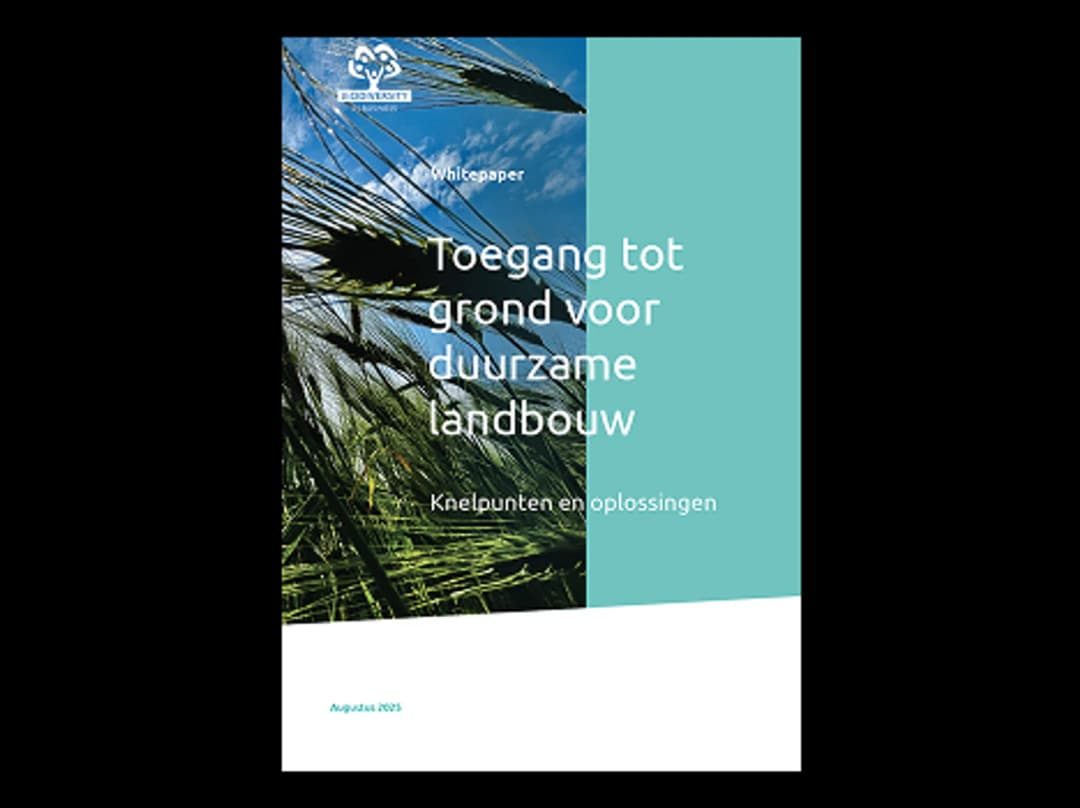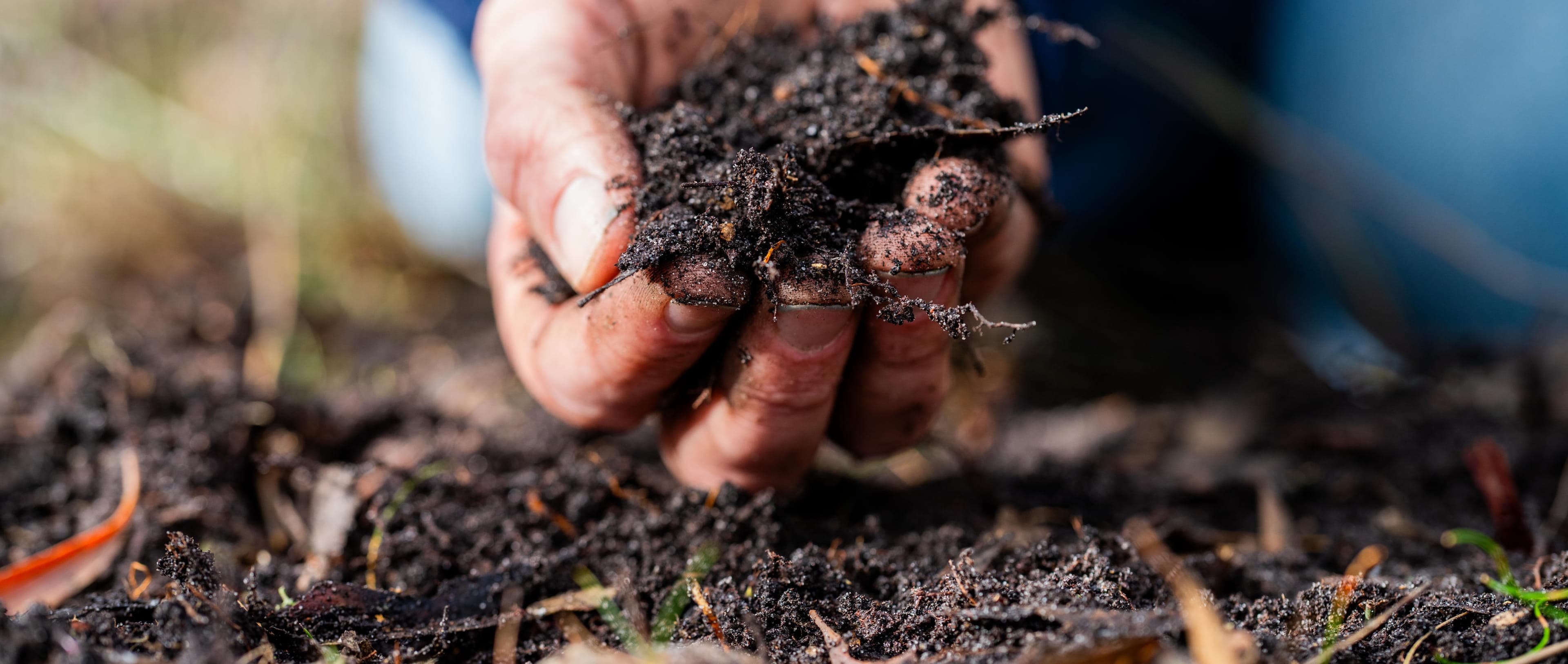
Agrifood
—6 oktober 2025
October 6, 2025
3 minutes

Healthy soils, more biodiversity, and a more livable environment; sustainable farming yields many benefits. However, access to agricultural land for sustainable land use is precisely the bottleneck for a large-scale transition. Due to high land prices and limited availability, sustainable entrepreneurs often struggle to obtain financing. A survey conducted by Biodiversity in Business, commissioned by Invest-NL, shows that it *can* be done. Through innovative land funds, a soil label, and rewards for ecosystem services, space is created for scaling up.
Two-thirds of the Netherlands consists of agricultural land, but this land is becoming less available for sustainable farming businesses. Land often remains within families, or is purchased for housing development or energy projects. Additionally, prices have been rising for decades. For a sustainable farmer, this means a structural disadvantage compared to intensive farms, which can pay higher prices. Yet, sustainable agriculture directly contributes to societal goals such as climate, water quality, and nature restoration.
The white paper describes how new mechanisms can improve access to land:
Additionally, there are inspiring practical examples: the Green Development Fund Brabant compensates farmers who use their land for nature values, and insurer a.s.r. offers lease discounts to farmers working sustainably using the Open Soil Index.
The current challenge is the next step: scaling up. Successful initiatives should not remain local but contribute to a national transition. This requires collaboration between government, financiers, and farmers, and greater visibility of societal impact. A sustainable soil label, for example, can help to economically value sustainable soil management.
The transition to sustainable agriculture cannot succeed without access to land. This requires capital that considers not only short-term returns but also the long-term value of healthy soils and biodiversity. Partners willing to invest in this directly contribute to making Dutch agriculture future-proof.
Rik Pantjes
teamlead Agrifood
